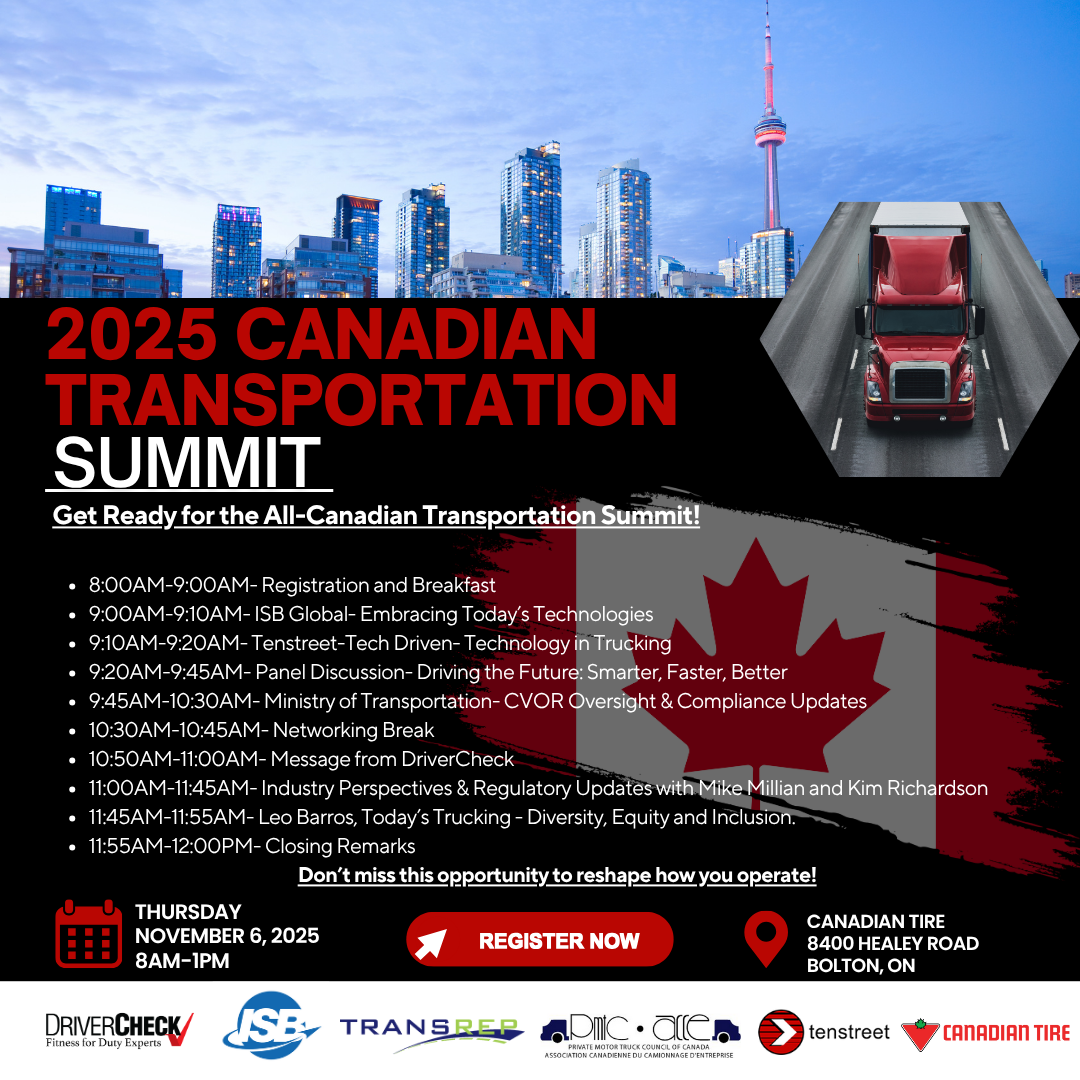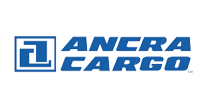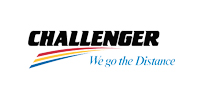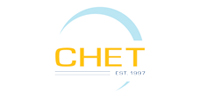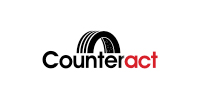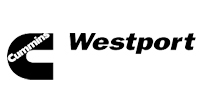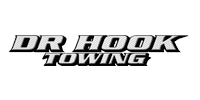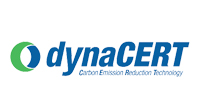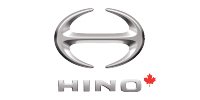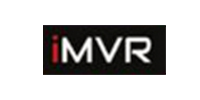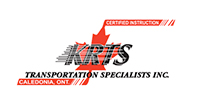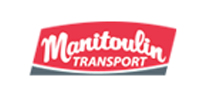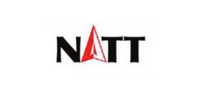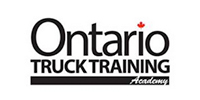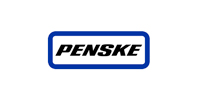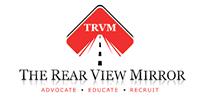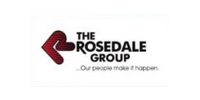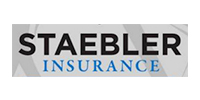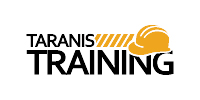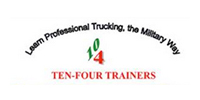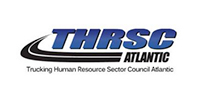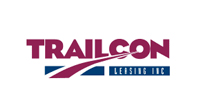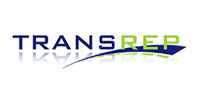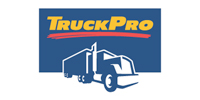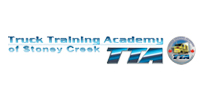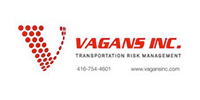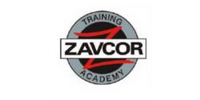11 ways to conduct better job interviews
There is a lot to be learned during a job interview. Consider these tips to help gather vital information and find the best candidates for your organization.
1 | Don’t hire an applicant merely because they meet minimum hiring standards such as a Class 1/A licence, clean abstract and clear criminal background check. The best candidates will also prove themselves to be a good fit for your company’s culture.
2 | Save time by using tools such as application forms and tests to screen out qualified applicants. Interviews should be one of the last steps in a recruiting process.
3 | Keep probing for answers until you uncover an answer’s entire story – including a clear idea of the Situation, Tasks, Actions and Results (STAR).
4 | Don’t judge an applicant during the interview itself. Focus on taking notes about their answers and demeanor. This way every candidate will be compared against a common benchmark.
5 | Don’t rely solely on gut feelings. Interview questions based on company standards and
requirements will ensure that nothing is overlooked.
6 | Ask candidates about difficulties and positive experiences alike. Make sure to clarify what they found challenging, how they managed the situation, and the outcome.
7 | Look for guidance from people who will manage the new hires, rather than relying on HR specialists alone.
8 | Avoid asking questions that delve into personal backgrounds (eg, marital status, childcare arrangements). An unsuccessful candidate could claim such questions reflect discriminatory hiring practices.
9 | Make sure you are hiring the best job candidate and not the best interviewee. Some applicants may simply be skilled at diverting uncomfortable interview questions, or steer conversations to topics which show them in a favourable light.
10 | Schedule some extra time between interviews to assess answers or ensure that interviews are not rushed.
11 | Adopt behaviour-based questions to help predict a candidate’s future behaviours. For example, ask about a time when the candidate provided excellent customer service and what the outcome was, or how they handled a situation when someone was angry or rude.
Looking for more guidance? Check out Trucking HR Canada’s popular Your Guide to Human Resources.
- Tamara Miller is a Certified Human Resources Leader (CHRL), and Trucking HR Canada’s director of programs and services.


